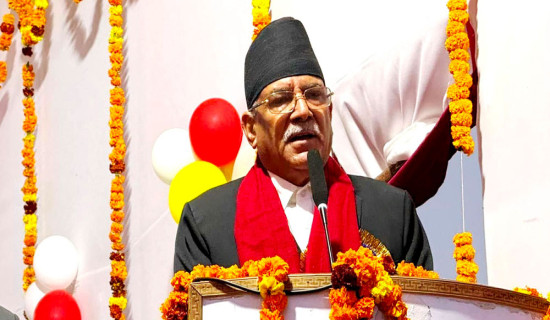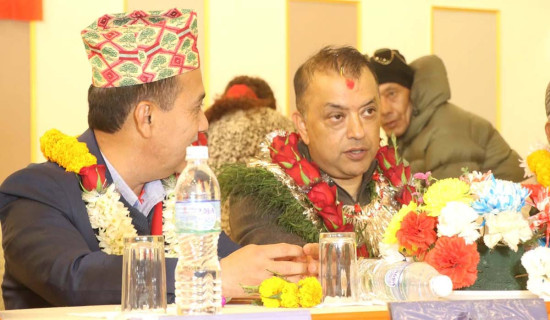- Sunday, 18 January 2026
'Improve electoral system assuring proportional and inclusive representation'
Kavrepalanchowk, Jan 18: Various stakeholders have highlighted the need of reforming the existing electoral system of Nepal, arguing it has not been able to judiciously manage the inclusive, proportional representation and deliver anticipated results from stability perspectives.
In less than a decade following implementation of the mixed electoral system as per the constitutional provision, the demand for its change has started to arise showing its weaknesses.
At an interaction entitled 'Reforming the Electoral System in Nepal' organized by Journalist Society for Parliamentary Affairs in collaboration with the European Union and the International IDEA here, speakers advocated for electoral reforms reasoning that political instability was increasing due to the situation where no party obtained a clear majority from the current election system.
The speakers commented on the lack of equal representation of citizens belonging to all castes, classes, genders and regions due to the existing electoral system, and inequality in political empowerment.
It resulted in limited participation of marginalized communities and women itself. The speakers stressed the need to amend the electoral system because of the problems such as instable government, under performance and lack of trust in the absence of a single party majority.
Nepali Congress lawmaker Hridayram Thani said though the major parties in power had reached an agreement on constitution amendment, there was no clear roadmap on what would be amended. There is also ambiguity about the election process, he said. "Development works have not gained momentum due to lack of a stable government. This has increased frustration among the citizens towards political parties. But if we go to a full proportional system, the questions for accountability and responsibility will also arise. All these issues should be discussed and appropriate conclusions should be drawn," he said.
CPN (Maoist Centre) lawmaker Purna Bahadur Gharti stressed the need for further discussion on how to make the proportional representation system effective in the federal forms of governance.
CPN (UML) lawmaker Ishwori Gharti Magar said although the proportional representation system was supposed to provide opportunities to the marginalized communities, women and minorities, the perspective and treatment to the proportional representation as different. It is necessary to make it systematic and dignified.
"The participation of citizens in the elections is declining. There is a need for restructuring of constituencies and a transparent system to win the confidence of the voters," she added.
Rastriya Swatantra Party lawmaker Dr Toshima Karki said reforms in the electoral system were essential for a stable government. "There is a need to amend the constitution to form a stable government, ensure proportional and inclusive representation and provide effective services to the citizens. Provisions like 'Right to Reject' should be included in the voting process," she said.
The speakers also felt that there was a problem in the mindsets and working style of the political parties rather than the electoral system. Noting that there could be some risks in implementing the full proportional system, Janata Samajbadi Party lawmaker Rekha Yadav said, "I believe that the full proportional system should be implemented".
However, more discussions and reforms are needed to ensure the value of each vote, focus on inclusive representation, increase transparency through 'digital' voting system and voter awareness programmes, determine the eligibility of lawmakers, include provisions such as 'Right to Reject' and 'Right to Recall'.
They also stressed the need to formulate a concrete strategy for constitution amendment to strengthen long-term stability and democracy.
Chief Election Commissioner Dinesh Kumar Thapaliya said though reforms were needed in the election management system, he could not agree on making changes in the election system itself.
It is not necessary to discuss changing the electoral system without a detailed study, he said, stressing that the electoral system should not be changed frequently.
Thapaliya said that preparations are underway for the new law with 'threshold' having different indicators to become a national party and a provincial party.(RSS)

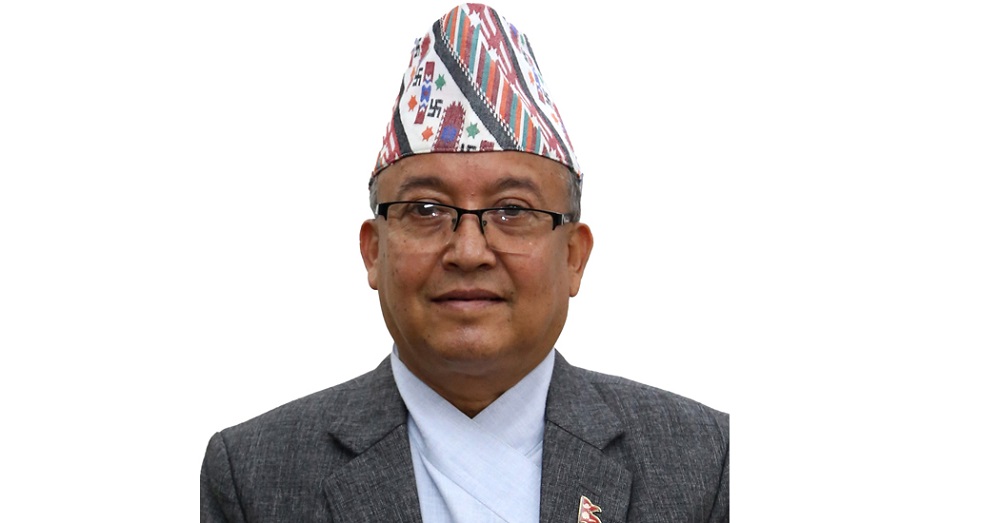

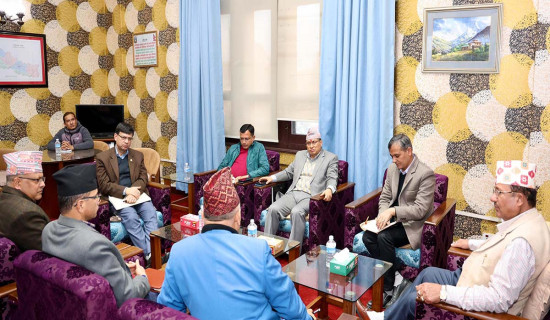
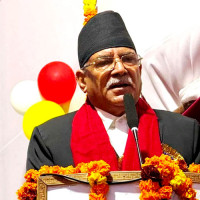
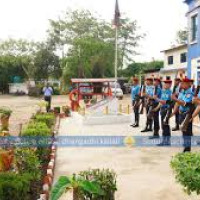
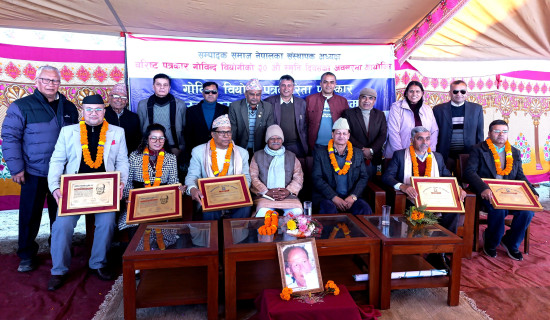
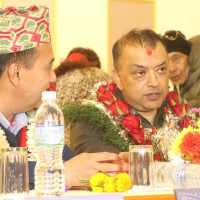
-square-thumb.jpg)
